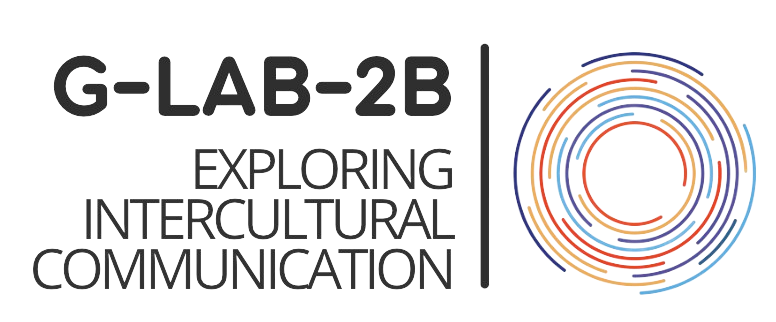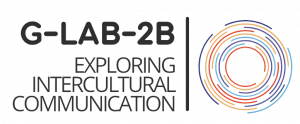Change is like the wind, it is not always directly visible, we cannot touch it or hold it in our hands. But we feel it. We hear it. We sense it through its effects and results.
Table of Contents
Sometimes our university classes, we begin asking our students:
How do you perceive change in life?
Someone always responds with a simple image: “Like the wind, which we only notice when something moves.” We see the movement of trees, the fluttering of a hanging sheet, we hear the whistling through a crack. Thus, we understand that wind and change are not perceived in themselves, but in what they create or transform. At our G-Lab-2b Independent Applied Research Lab, we try to work with that same sensitivity.
In these years of intertwined crises; ecological, social, digital, political, but also emotional, perhaps the least we can do is talk. Talk seriously. And above all, listen, which allows us to perceive these movements.
At G-Lab-2b, we try not to talk to convince. We listen to understand. We call this “Thinking without banisters,” a nod to Hannah Arendt and the idea of thinking without fixed supports, letting ourselves be guided by shared dialogue, with resonance.
Our dialogues, research, and educational tools revolve around a key question:
How can intercultural cooperation transform a crisis?
And this mission contributes in a concrete way to the goals we have set ourselves as humanity, the United Nations Sustainable Development Goals:
SDG 16: Peace, justice, and strong institutions
For us, peace is not a destination in the absence of war. It is a practice, a decision. Every time we bring people from different places together, we are strengthening the pillars that hold our society together: cooperation, empathy and communication.
SDG 4: Quality education
We provide education to companies, schools, and universities that redesign the way we think and learn together; stories instead of “slides,” cooperation instead of competition.
SDG 10: Reduced inequalities
Power speaks many languages and inequality often hides behind the culture, politics, or fear. That is why we explore the intersection between crisis and discrimination. Not to accuse, but to understand how social systems fail and how they could be transformed.
SDG 5: Gender equality
Diversity is the air that intercultural cooperation breathes. Our dialogues, articles, and research highlight how inclusive leadership emerges when all voices are not only present but empowered and a shared vision is created; in a world where polarization seems to increasingly feed on differences.
SDG 17: Partnerships for the goals
Our strength lies in interdisciplinary and intercultural cooperation, in having multiple perspectives, opinions, and points of view. From philosophy to mediation, from science to education, our conversations become prototypes. We don’t just research intercultural cooperation. We want to practice it.
SDG 13: Climate action
An intercultural crisis and lack of cooperation not only affect people, but also our planet. The ECOOPx model includes urgency not only as a fact, but as a shared emotion. Climate action must be felt, not just understood.
—
We don’t just think without banisters, we are building without borders.


